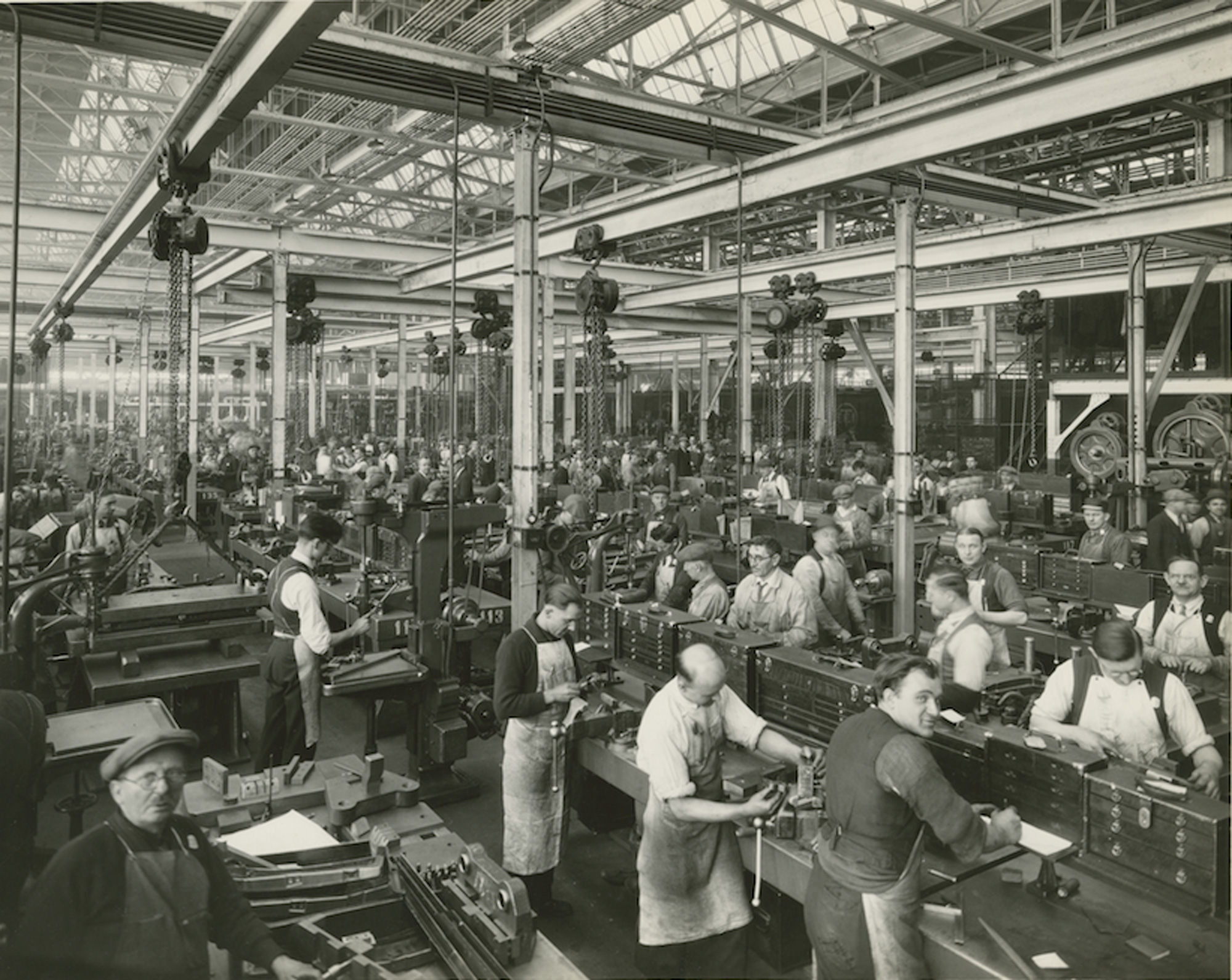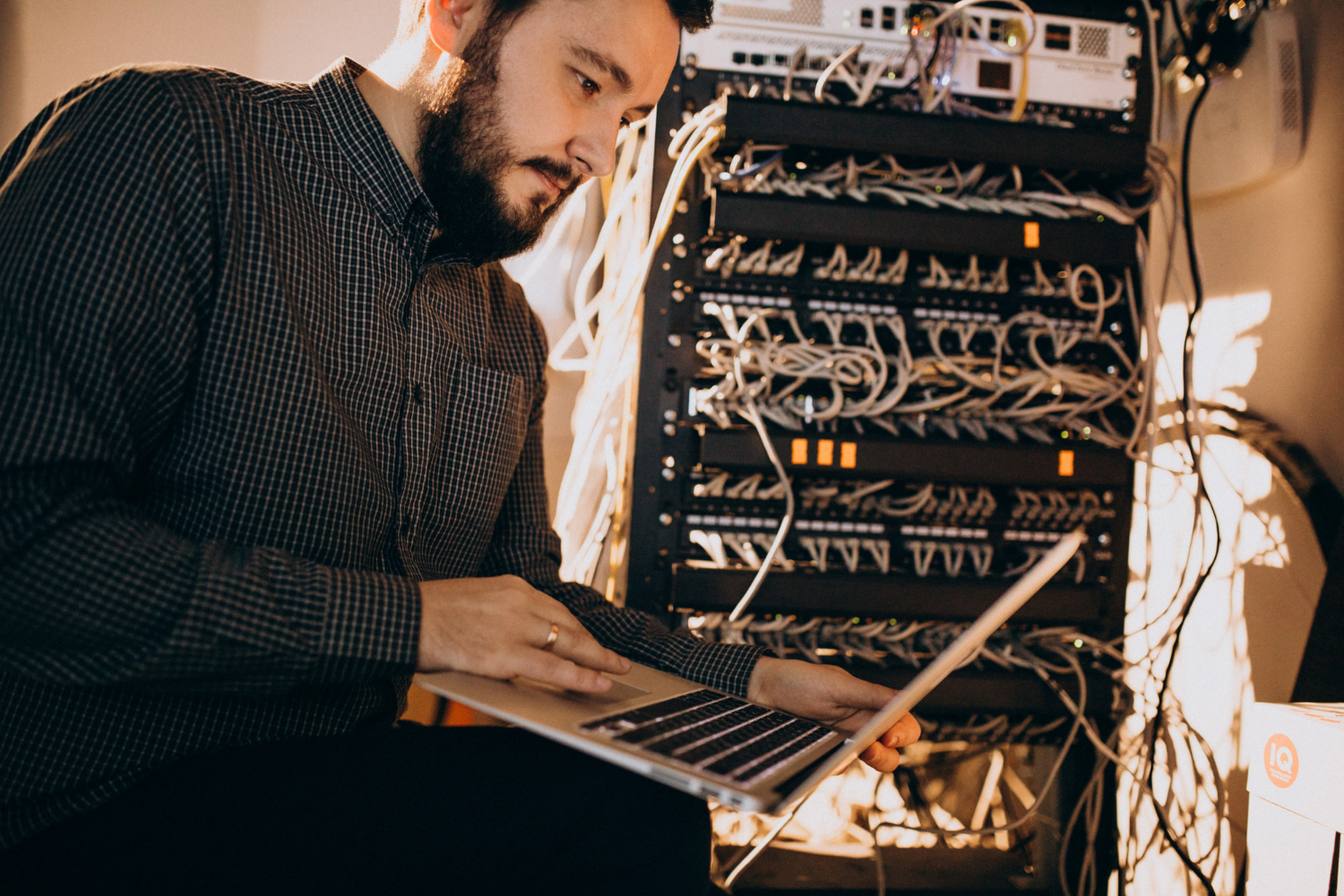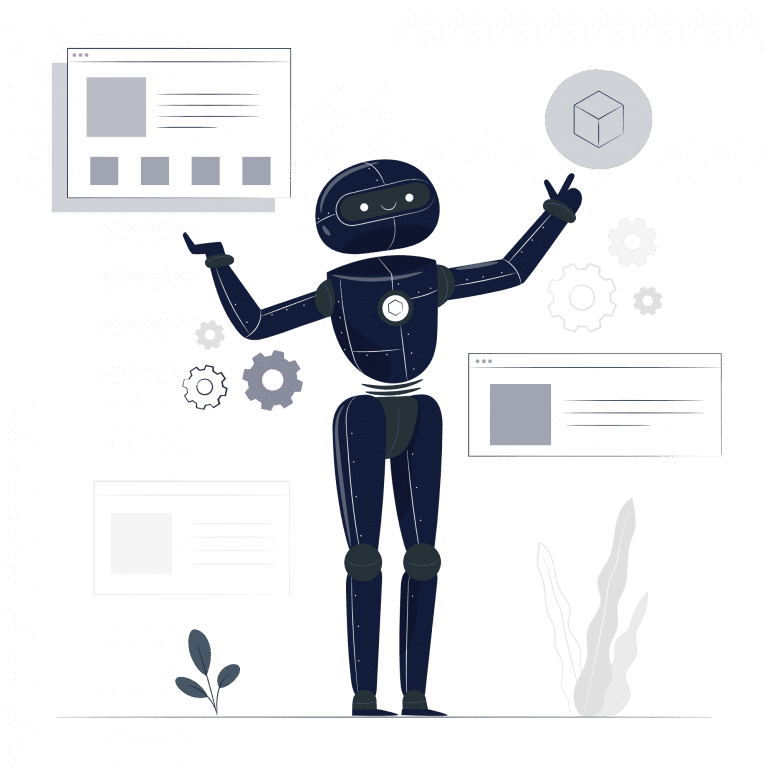As we enter the new year, many experts are predicting that 2023 will be the year of parabolic artificial intelligence (AI). By now, most people would have heard of the latest craze in AI – ChatGPT or OpenAI. But what does this mean for businesses and industries? And how can we take advantage of the opportunities that AI is likely to open up?
History of Industrial Revolutions
To understand the impact of AI, it’s helpful to consider it in the context of the industrial revolutions that have come before.
The first industrial revolution, which began in the late 18th century, brought about major changes in the way goods were produced. Mechanisation and the use of steam power led to the development of new machines and factory systems, which increased productivity and reduced the cost of goods. This revolution also led to the growth of cities and the rise of the factory system, which transformed the way people lived and worked.


The second industrial revolution, which took place in the late 19th and early 20th centuries, brought about further changes in the way goods were produced. The introduction of electricity and the assembly line led to the mass production of goods, which made them more affordable and accessible to a wider range of people. This revolution also led to the development of new industries, such as the automobile and chemical industries, and the expansion of existing industries, such as steel and textiles.


The third industrial revolution, has been driven by the rise of computers and digital technologies. The proliferation of computers and internet access has led to the development of new business models, such as e-commerce and digital marketing, and new ways of communicating and collaborating. This revolution has also led to the rise of automation and the use of big data and analytics, which have transformed the way businesses operate and compete.


Each industrial revolution has brought about significant changes in the way goods and services are produced and consumed, and how people live and work. The fourth industrial revolution, driven by AI, IoT and other technologies, is expected to have a similar impact, and even more profound, on the way businesses operate and compete.


AI & Automation – Time is money!
One of the key opportunities that AI is likely to open up is the ability to automate repetitive and routine tasks. This will free up human resources to work on more creative and business development tasks. This is what we at Floodgate are excited about. We have always looked for new tools and resources to streamline business processes. In 2023, we are very excited to start implementing more AI breakthroughs into our own, and our clients’ businesses to free up time to work on more creative and important business growth opportunities.
Big decisions require data analysis
Another opportunity is the ability to gain insights from data that was previously too complex or voluminous for humans to analyse. Google has been doing this for years. Most recently, the new and improved Google Ads Campaign – Performance Max is a perfect example of AI assisted marketing.
With the help of AI, businesses will be able to make better decisions and identify new opportunities for growth.
Of course, there are also challenges to the widespread adoption of AI, such as the potential for job displacement and the need for new skills and training. But the overall outlook for AI is positive, and we believe that businesses that embrace it will be well-positioned for success in the years to come.
With the roll out of ChatGPT and OpenAI, we believe 2023 is going to be the year of parabolic AI. Businesses that embrace new AI tools will be well-positioned for success.
We are excited to see the opportunities that AI will bring in the future and are committed to helping our clients navigate this fourth industrial revolution.

